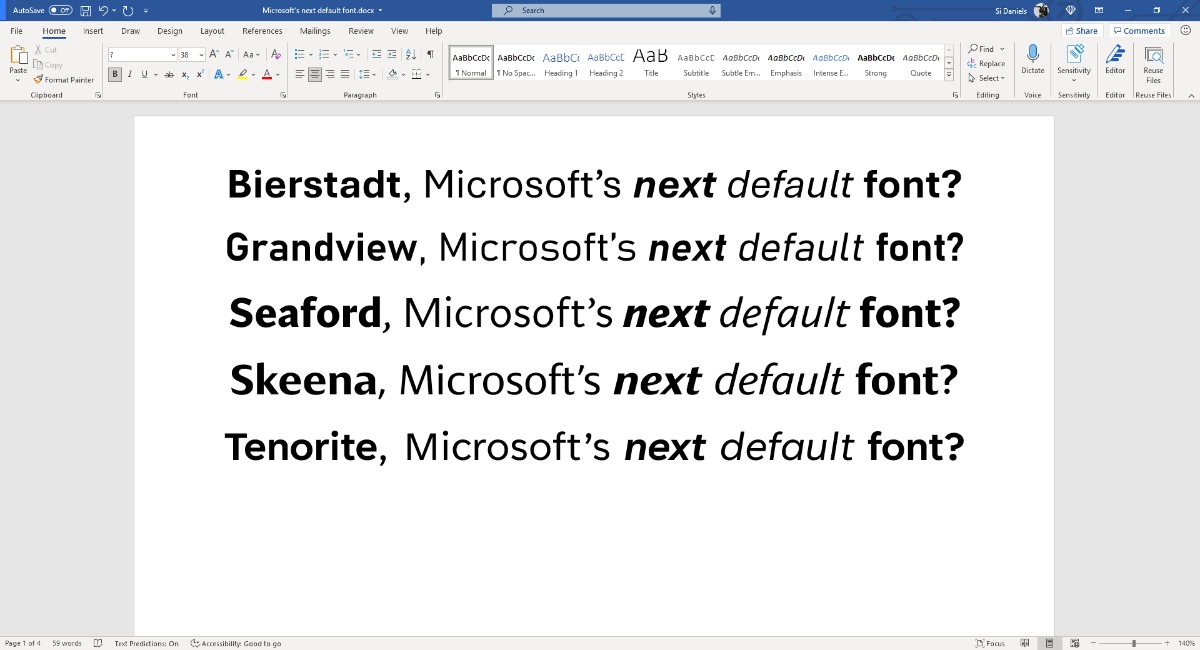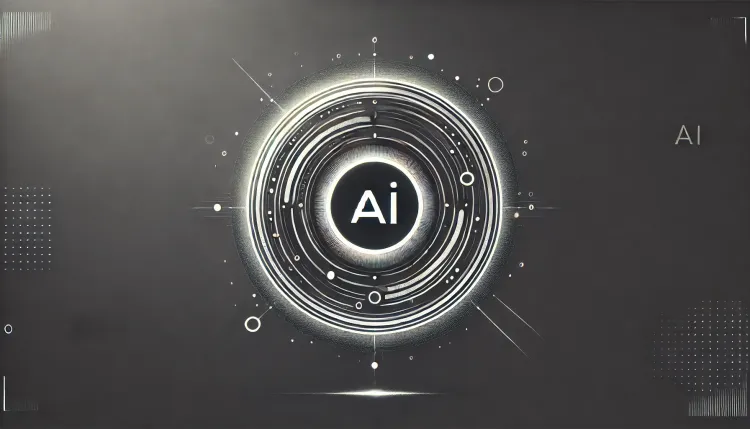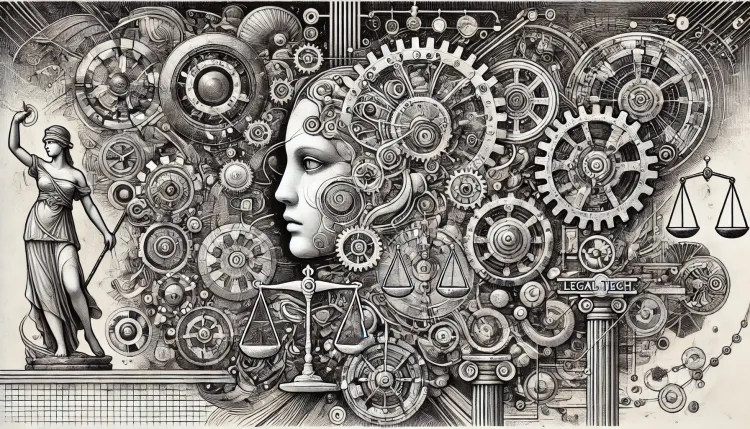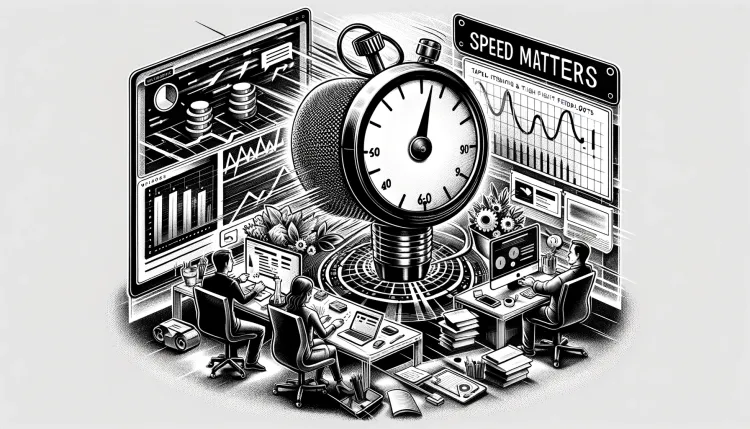Fringe Legal #44: how to develop and launch a startup

Changing format
As the newsletter matures, I'm tweaking the format to offer even more value. The newsletter will continue to be a weekly publication.
- Each week you can expect 3-5 snackable items. These could be links, thoughts, reviews, tools, etc. See bottom of this email.
- Every two weeks, in addition, you can expect to get a write-up on a podcast episode - this week's issue is an example.
- Once a month, the issue will focus on an emerging topic or technology. Last week's issue is an example in which I dove in on RPA.
How to launch a startup
My guest on the podcast this week was Len Hickey, an IP lawyer and founder of Litigaze. A SaaS tool that allows legal teams to evaluate complex cases using visual planning.
One of the questions I observer most frequently is how company X got started. In January 2021, Len launched Litigze, and in the episode, we explore:
- How to fight imposter syndrome and dive in (1:27)
- How Len came across the idea of Litigaze (2:19)
- How did he validate the idea (4:38)
- Data science vs. decision science (8:55)
- Len's advice for budding founders (16:24)
Bonus content
The format of this episode is also different from what you might be used to - a lot more narrative-driven. What do you think?
There were a few things that we spoke about that didn't make the final cut, and I wanted to share some of the highlights here.
Past experiences matter
Inspiration is often a function of drawing on past experiences, and as with several lawyers I've spoken with, Len was inspired by his time working in-house.
This could be manifest in many ways - being able to better understand what happens to your work product, exposed to a different perspective, or just seeing how certain fields are leveraged. The data-driven approach seemed to emanate from Len's time at Kraft Heinz:
"The Kraft Heinz piece was really formative, I think in terms of where I am now, and had a big impact on my motivation to start Litigaze and to work on this piece around using data more in decision-making and seeing how that's done on the inside at Kraft-Heinz was impactful for me."
Having the right information and making it easy
Complex problems frequently require a lot of work to be done before you have the necessary information to make a decision. There are at least two parts to the equation:
First, understanding the role of the data and tools available to you. As we are exposed to more information than ever, having a clear idea of the best use of that information is crucial. Is the information another input (what could you do) or an output (suggestion of what to do)?
"The idea of the model is not to make the decision for you... It's about providing you that baseline level of rigorous analysis, so you could say: 'all right, I'm confident.' We've looked at these things, we know there's a risk there. We noted that if we decide on this path that it might not go well, but I can see that and I can make a call."
Second, even the best solutions, if not presented in a simple way are not helpful. We've started to see an increase of visual tools within the practice of law because, as the adage goes, a picture is worth a thousand words.
"The visualization is ultimately about being able to communicate information faster in circumstances where there's complexity. So, in a way that cuts through the complexity and it is cool to see that there are a lot of Legal Tech tools out there with this focus on approaching legal problems."
Some blind faith required
Starting anything is difficult, and while there is no right or wrong way, being grounded in knowing that you are solving a problem will go a long way:
"So it's a bit of throw caution to the wind and just go for it vibe for me. But really underlying that is just this feeling I had and a feeling I still have that - every client that is in a litigation will have this problem at some point.
Len, what do I do? There's an offer being made perhaps, or I want to make an offer - how do I go about that?
And I guess Litigaze is really focused on putting a lot of rigor into that question and the analysis that can lead to answering that question in a way that clients can really use and act on rather than how it might be done otherwise, where it's a bit of guesswork..."
Listen to the full episode here
Snackables
🎧 Clubhouse comes to Android. The voice-based social network, which was the talk of the town in the last few months, but iOS only, has finally launched a version on Andoird in early access. What remains to be seen is the long-term viability of the platform. The platform install base declined significantly (from 9.6 million in Feb to 900 thousand in April), but this might be helped by billions of Android users who now have the option to download. Competition is the more interesting piece, with Twitter and Facebook both with competing offerings.

✍ Microsoft is changing the default Office font for the first time in nearly 15 years. The majority of legal professionals spend significant time inside the Office ecosystem. You can access all five fonts now, and one of these will be the default in Office 2022. I like Skeena. Which one do you prefer?

💭 Getting meaningful feedback. This resonated with me, how to turn feedback into a coaching opportunity (where the person giving the feedback coaches you).
"When people hesitate to give honest feedback on an idea, draft, or performance, I ask for a 0-10 score. No one ever says 10. Then I ask how I can get closer to a 10. It motivates them to start coaching me – and motivates me to be coachable. I want to learn how to close the gap."
How did you like this article?






Become a Fringe Legal member
Sign in or become a Fringe Legal member to read and leave comments.
Just enter your email below to get a log in link.